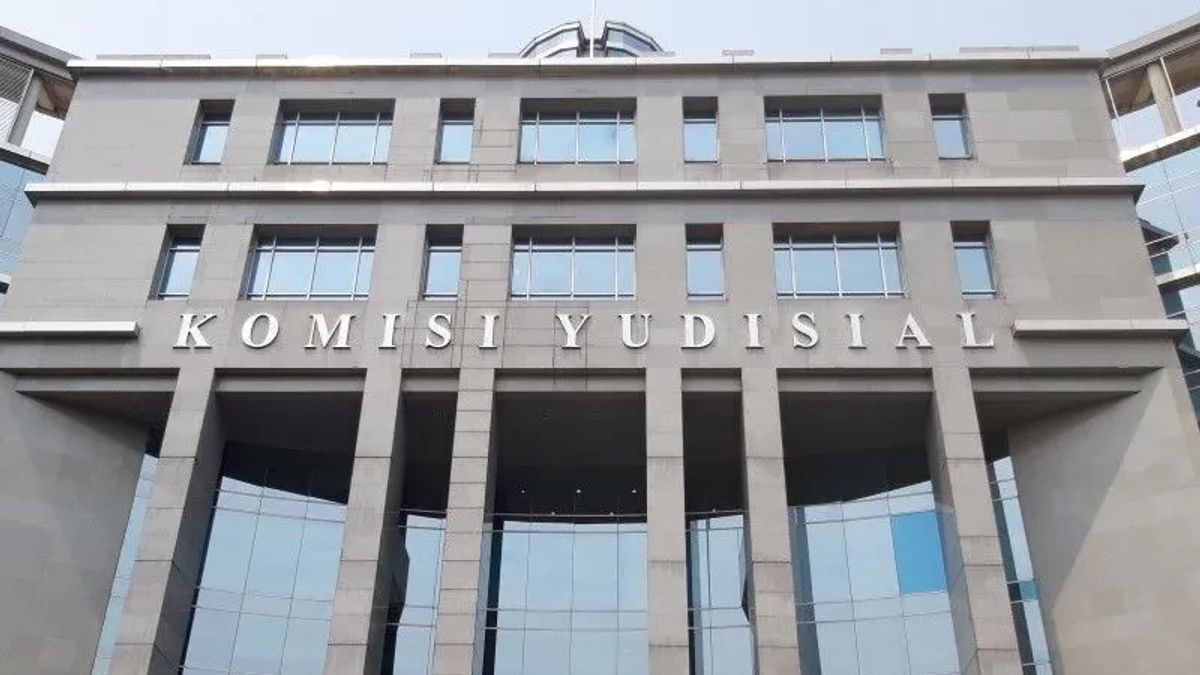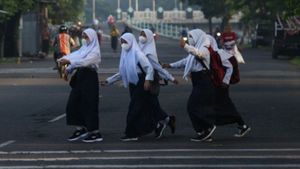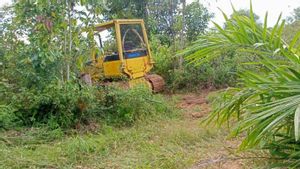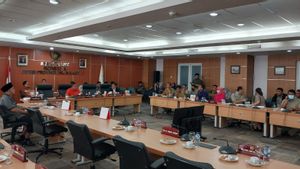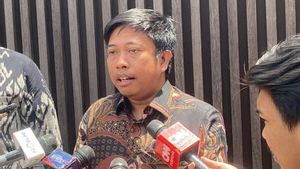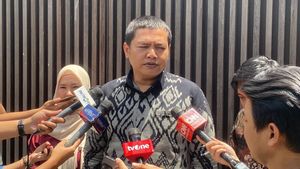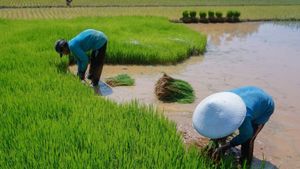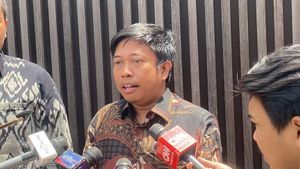JAKARTA - Head of the Judicial Commission (KY) Recruitment Division, Siti Nurdjanah, said that her institution was committed to increasing the selection process for candidates for Supreme Court justices and ad hoc judges for human rights (HAM) at the Supreme Court (MA).
This is done as a form of advice from the Judicial Commission to anticipate a prospective judge who has no integrity and has the potential to be caught in a corruption case.
"Of course, KY continues to improve, especially some time ago and until now the Supreme Court is not doing well. There are Supreme Court judges who are caught in the case (corruption) so that KY further increases its selection, especially integrity issues," said Nurdjanah in a press conference monitored online from Jakarta, Monday, June 12, confiscated by Antara.
Nurdjanah explained that KY would trace the track records of the prospective judges, as well as holding tests related to integrity in the selection series. "In addition to having tests related to integrity, of course, there is also a track record for these participants," he added.
Therefore, Nurdjanah emphasized that the selection of candidates for Supreme Court justices and the selection of candidates for ad hoc judges in the Supreme Court took quite a long time.
"If it is calculated it can be six months and it is regulated in the law," he said.
SEE ALSO:
Nurdjanah added that the Judicial Commission also asked for community involvement to provide input regarding the track record and integrity of the prospective judges who participated in the selection this time.
He appealed to people with clear identities to be able to provide information or written opinions about track records, ranging from integrity, capacity, behavior, to the character of candidates for Supreme Court justices and ad hoc human rights judges.
The information or written opinion can be sent via the recruitment email @komisiyudisial.go.id or to the address of the Indonesian Judicial Commission on Jalan Kramat Raya Number 57, Central Jakarta, until no later than July 25, 2023.
"Not only the Judicial Commission asking for input from the public, but also the Judicial Commission cooperates with several institutions, both formal institutions and non-formal institutions," said Nurdjanah.
On the other hand, Nurdjanah said that her institution would involve representatives of the Judicial Commission spread across the regions to ensure that participants who passed had complete competence, both in terms of judicial technical ability and the integrity side.
"The Judicial Commission has representatives in the regions. That, of course, we will involve them actively in the selection process," he said.
The English, Chinese, Japanese, Arabic, and French versions are automatically generated by the AI. So there may still be inaccuracies in translating, please always see Indonesian as our main language. (system supported by DigitalSiber.id)
